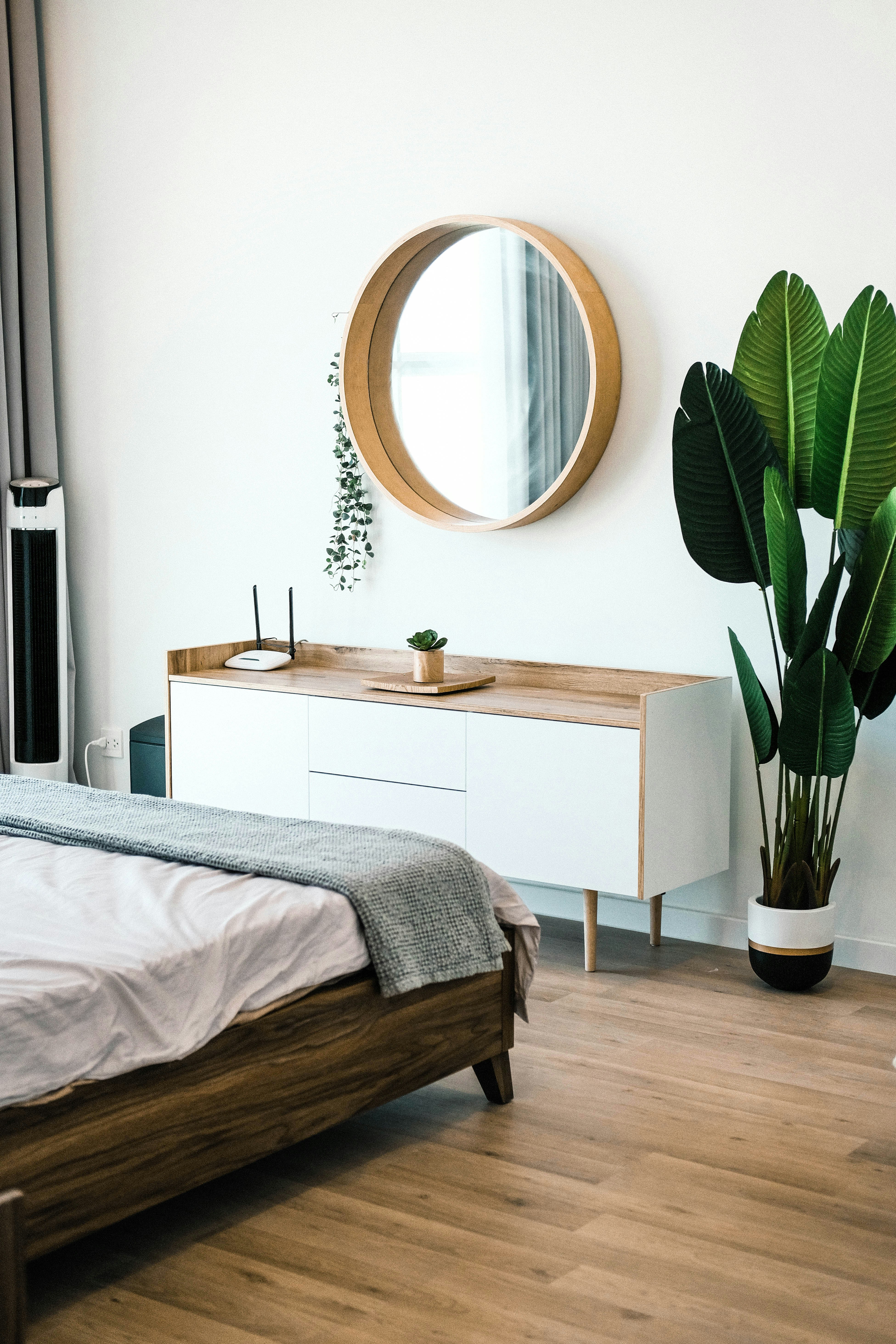Furnishing a rental property is a big decision that can significantly impact your bottom line. Whether you're a new landlord or an experienced property manager, the choice to offer a fully furnished, semi-furnished, or unfurnished rental depends on your target tenant, rental location, and long-term investment strategy.
As one of the most important decisions in rental property management, furnishing has both pros and cons that every property owner should carefully consider.
Benefits of Furnishing Your Rental Property
Higher Rent Prices
Furnished rentals typically command higher monthly rents compared to their unfurnished counterparts. This is especially true in urban areas, college towns, or tourist-heavy locations. If you're in a market with high demand for short-term rentals, this can significantly increase your cash flow.
Short-Term Tenant Appeal
Furnished rentals are highly attractive to traveling professionals, students, or people in temporary living situations. If your rental is located near hospitals, universities, or business hubs, furnishing it can open doors to a broader tenant pool.
Faster Leasing
With a furnished property, potential tenants can more easily visualize themselves living in the space, which can lead to faster leasing decisions. Many property marketing strategies use staging for exactly this reason—first impressions matter.
Tax Deductions
Furniture purchases and replacements are often tax-deductible as business expenses. Consult a tax advisor, but this perk can make furnishing more financially viable in the long run.
Drawbacks of Furnishing Your Rental Property
Higher Upfront Costs
Beds, sofas, dining tables, and appliances all add up. Even budget-conscious furnishing can be costly.
Increased Wear and Tear
Furniture naturally experiences wear, damage, and outdated styles over time. Landlords need to factor in replacement and repair costs.
Insurance Considerations
Your rental property insurance may need adjustments to cover furnished items. You should also clearly outline in the lease how damage or loss will be handled—something covered in detail in our guide to writing a lease agreement that protects your property.
When Furnishing Makes Sense
Not all rental properties benefit from being furnished. It’s often most effective for:
Short-Term Rentals like Airbnb or corporate housing
Urban Apartments where tenants are often students or business professionals
Vacation Rentals in high-traffic tourist areas
Luxury Rentals where high-end furnishings enhance appeal
If you’re unsure, a full-service property manager can analyze your market and guide you toward the right decision.
Best Practices If You Choose to Furnish
Choose Durable, Easy-to-Clean Materials
Opt for materials that can handle wear and tear, like leather or stain-resistant fabrics.
Keep It Neutral
Neutral colors and classic styles appeal to the widest pool of renters.
Inventory Everything
Document each item with photos and condition notes to simplify disputes and move-out inspections.
Update the Lease Agreement
Include clear clauses on furniture care, cleaning, and responsibilities for damage or missing items.
For ongoing upkeep, consider professional maintenance services to preserve your investment and reduce downtime between tenants.
How Property Management Companies Can Help
Many rental property management companies can:
Advise on whether furnishing makes sense for your market
Purchase, install, and stage furniture
Handle tenant communication and disputes over damages
Oversee furniture maintenance and replacements
This takes a lot of the hassle off your plate and helps ensure your furnished rental remains a profitable investment.
Final Thoughts: Should You Furnish Your Rental?
There’s no one-size-fits-all answer. Furnishing can be a smart move in certain markets, but it comes with added costs and responsibilities. Consider your target tenant, budget, and property type before making a decision.
If you’re unsure, test the waters with one unit, track expenses, rent prices, and tenant feedback, then adjust your strategy. Done right, furnishing can be the competitive edge that sets your property apart.

